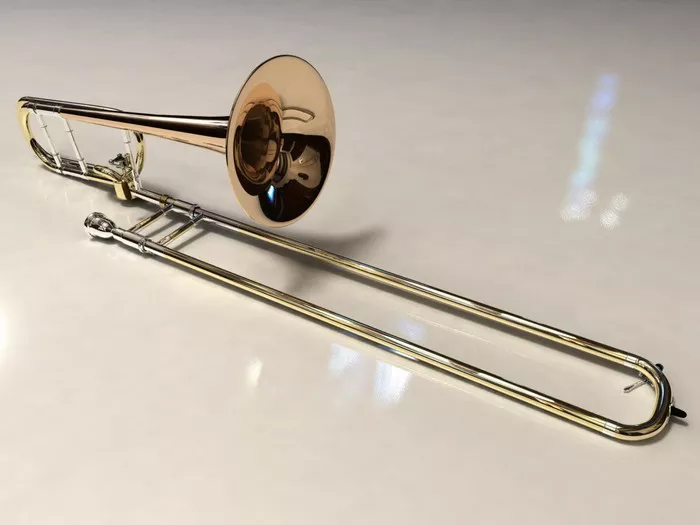The trombone, a brass instrument known for its rich and distinctive sound, has been a staple in various musical genres for centuries. As musicians devote hours to perfecting their skills on this versatile instrument, it is essential to understand that, like any other physical activity, playing the trombone may have its side effects. In this article, we will delve into the potential impacts on both the physical and mental well-being of trombonists.
Physical Strain and Muscular Stress
One of the primary side effects of playing the trombone is the physical strain placed on the body. The instrument’s weight, especially in the case of larger models, can lead to shoulder and neck discomfort. Long practice sessions or performances may exacerbate these issues, potentially resulting in chronic pain or muscle tension. It is crucial for trombonists to maintain proper posture and take regular breaks to prevent overexertion.
Moreover, the repetitive nature of playing the trombone can lead to muscular stress. The constant movement of the slide and the sustained effort required to produce a resonant sound can strain the muscles in the arms, shoulders, and back. Musicians are advised to incorporate stretching and warm-up exercises into their routine to enhance flexibility and reduce the risk of muscular injuries.
Respiratory Challenges
Playing the trombone demands a considerable amount of breath control and lung capacity. While this can contribute to improved respiratory function over time, it may also present challenges for individuals with pre-existing respiratory conditions. Trombonists may experience shortness of breath or fatigue during prolonged playing sessions, emphasizing the importance of proper breathing techniques and regular respiratory exercises to enhance endurance.
Additionally, the forceful blowing required to produce a loud and clear sound on the trombone can potentially contribute to the development of respiratory issues. Musicians should be mindful of their playing intensity and prioritize proper technique to minimize the risk of respiratory strain.
Dental and Oral Health Considerations
The mouthpiece of the trombone is a critical component for producing sound, and it directly interfaces with the player’s oral cavity. Prolonged and frequent playing may lead to dental issues such as lip and facial muscle fatigue, as well as potential abrasion on the lips. Musicians should be attentive to their playing habits and incorporate breaks to prevent excessive strain on the oral muscles.
In some cases, trombonists may develop embouchure-related problems, including lip injuries or numbness. It is crucial to strike a balance between rigorous practice and adequate rest to allow for the recovery of oral muscles. Regular dental check-ups are also recommended to address any emerging concerns promptly.
Hearing Concerns
The trombone, like other brass instruments, produces a powerful and resonant sound that can reach high decibel levels, especially in ensemble settings. Prolonged exposure to loud music can contribute to hearing damage or loss over time. Trombonists are advised to use ear protection during rehearsals and performances, particularly in situations where the volume is elevated.
Furthermore, constant exposure to loud sounds can contribute to tinnitus—a persistent ringing or buzzing in the ears. Musicians should prioritize hearing health by using earplugs and seeking professional guidance if they experience any signs of hearing impairment.
Psychological Well-being
While the physical aspects of playing the trombone are crucial to consider, the mental and emotional well-being of musicians should not be overlooked. The pursuit of musical excellence can sometimes lead to performance anxiety, stress, or even burnout. Musicians must prioritize mental health, incorporating relaxation techniques, mindfulness, and a healthy balance between practice and leisure.
See Also: Can the Bass Trombone Play the Tuba Part: A Complete Guide
In conclusion
Playing the trombone is a rewarding and enriching experience that comes with both physical and mental considerations. Trombonists should be proactive in addressing potential side effects by maintaining proper technique, incorporating regular breaks, and prioritizing overall well-being. By striking a balance between dedication and self-care, musicians can continue to enjoy the harmonious pursuit of mastering this timeless instrument.


